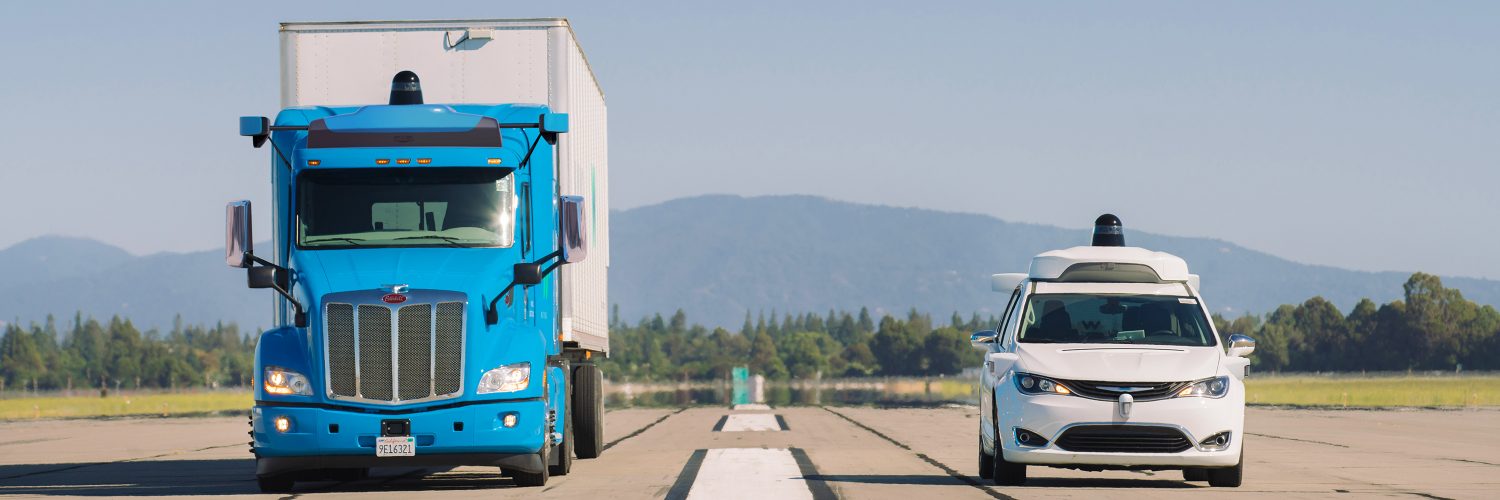The Arizona Chamber Foundation released a new policy brief Monday that indicates the new decade is likely to see substantial growth in Arizona’s autonomous vehicle industry.
“Economic Impacts of Advancing Arizona’s Competitive Position in the Autonomous Vehicle Industry,” the analysis authored by economist Jim Rounds and his team at Rounds Consulting Group, said Arizona is well positioned to capture a disproportionate percentage of the long-term economic benefits of the industry.
“Autonomous vehicle technology and testing has been growing in Arizona because of a strategic effort by the governor and other state and local lawmakers,” Rounds said. “When new technology is being developed such as AV, those early entries into the development process tend to earn a higher share of future economic activity.”
The national AV industry is expected to grow to $557 billion by 2026, and the automotive and tech sectors will have invested about $61 billion in development by 2023.
Rounds’ analysis also found that Arizona could increase its state and local tax collections by approximately $500 million by 2030, a number he said is conservative.
“We calculated the impact of the autonomous vehicle industry in Arizona using various models and assumptions, and any way you cut it, it’s clear that Arizona’s policies have positioned our state to reap a disproportionate share of the benefit from this growing industry,” Rounds said.

Glenn Hamer, chairman of the Arizona Chamber Foundation, said the data makes it clear that Arizona Gov. Doug Ducey and the state Legislature are making a conscious decision to welcome new and growing business into the state, leading to the development of “the most exciting technological advancement in the 21st century’s third decade.”
“Since 2015 when Gov. Ducey issued an executive order establishing the state’s support for AV technology, research and development, manufacturing and testing have all taken off,” he said. “That doesn’t happen without a regulatory environment that is encouraging this burgeoning sector to get off the ground.”
Arizona is one of just 11 states whose governors have issued executive orders specifically encouraging growth in the AV tech sector.
Ducey issued a second executive order in 2018 updating guidelines to meet technological developments and creating the Institute of Automated Mobility under the Arizona Commerce Authority, a public-private consortium of businesses, higher education institutions and government officials to promote greater collaboration in the AV industry.
According to the analysis, if Arizona companies invest just $6.1 billion in AV-related research and development, it would lead to nearly 40,000 direct new jobs and $4.3 billion in economic output, with another 35,000 new indirect jobs.
“The ideal situation is for the state to be the Southwest hub for not just testing, but for R&D and manufacturing of related products,” Rounds said. “This industry is going to be very large, and even a small share of the economic and fiscal benefits will be sizable.”
Rounds said the return on investment for the AV industry is among the highest he’s ever seen for a policy-related issue.
The policy brief also addressed road safety, a widespread issue in Arizona, where more than 1,000 people die each year due to auto accidents. Automation could dramatically reduce the danger of vehicular travel if used more broadly, according to estimates from national consulting firms.
“As the father of a teen driver and two more who will be behind the wheel very soon, the positive effect this technology has on driver safety can’t be ignored,” Hamer said. “Safer roads, lower insurance costs, and more jobs is a sort of triple crown of transportation public policy.”
To read the full analysis, click here.
Banner photo source: Waymo
















Add comment